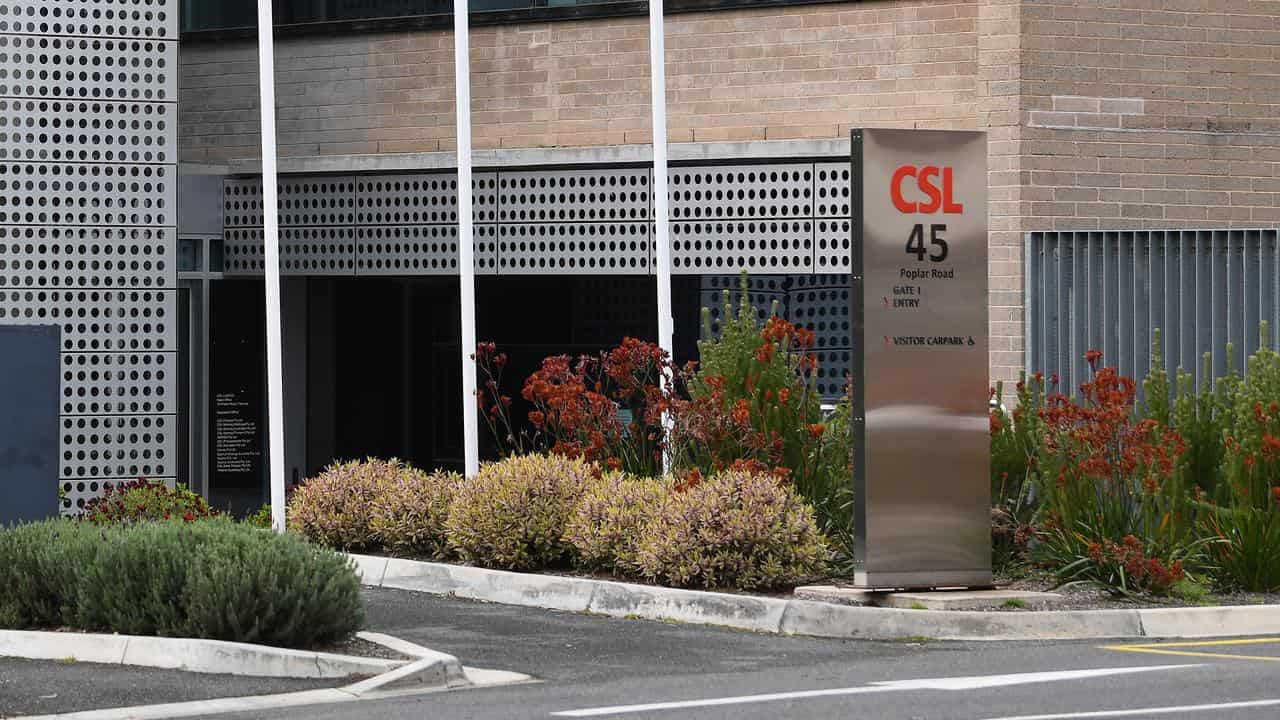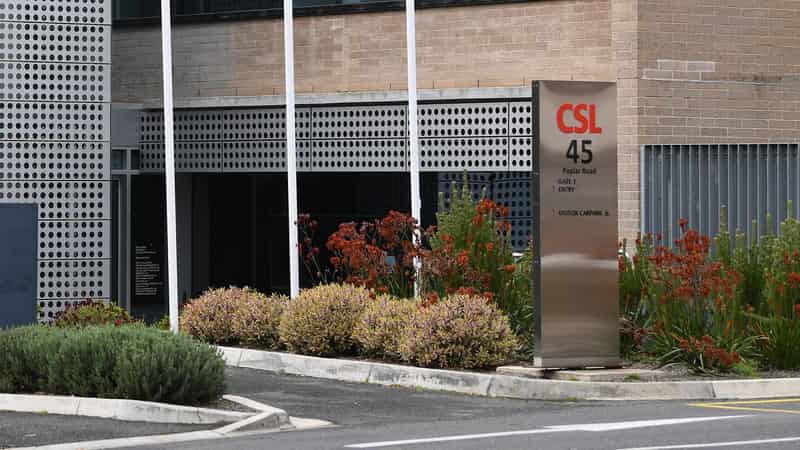
Record levels of plasma collections has helped CSL beat guidance with an adjusted full-year profit of $US2.61 billion ($A4 billion), up 20 per cent from last year when adjusted for currency fluctuations.
CSL's statutory full-year net profit after tax was down three per cent to $US2.19 billion ($A3.38 billion), as a stronger US dollar diminished earnings by $US245 million.
Revenue for the 12 months to June 30 rose 26 per cent to $13.31 billion, compared to the previous year.
"“Our strong performance in the 2023 financial year was delivered against a challenging operating environment," CSL chief executive and managing director Paul McKenzie said.
"While we have not been immune to inflation and currency headwinds, our focus on improving efficiencies across our global network of manufacturing sites has helped us reduce the impact."
Moody’s Investors Service vice president Ian Chitterer called the results in line with Moody's expectations, with strong performance across the business.
Plasma collections rose 31 per cent to record levels as social mobility increased following the end of the pandemic, even as CSL trimmed donor compensation.
Targeted marketing campaigns and a new plasma donation smartphone app contributed to what CSL called an unprecedented growth in plasma collection. The app has been downloaded three million times, with half a million users logging on each month, Dr McKenzie said.
He said a highlight of the year was undoubtedly treating the first patients in June with Hemgenix, a gene therapy for adults with a rare genetic bleeding disorder known as Hemophilia B who traditionally have had to endure infusions of a clotting agent two or three times a week.
CSL Behring's one-time treatment uses a genetically modified virus expressed in the liver that creates the blood-clotting protein Factor IX, limiting bleeding episodes.
The IV infusion was approved in the US in November and is under evaluation by the Therapeutic Goods Administration in Australia.
CSL is preparing to make global regulatory submissions for Garadacimab, a monthly injection for patients with hereditary angioedema, a rare genetic disorder that causes life-threatening attacks of severe and rapid swelling.
During the year CSL also made what it described as good progress on construction of a next-generation flu vaccine facility in Melbourne that's expected to be operational in 2026.
CSL declared a final dividend of US$1.29 per share, for a total full-year dividend of $US2.36 per share. In Australian currency, that comes to $3.59 per share, up 13 per cent from a year ago.
CSL forecast nine to 11 per cent revenue growth and an underlying profit growth of 13 to 17 per cent, to $US2.9 billion to $US3 billion.
RBC Capital Markets analyst Craig Wong-Pan said the results were in-line with guidance.
At 4pm AEST, CSL shares were up 3.7 per cent to $272.80.









